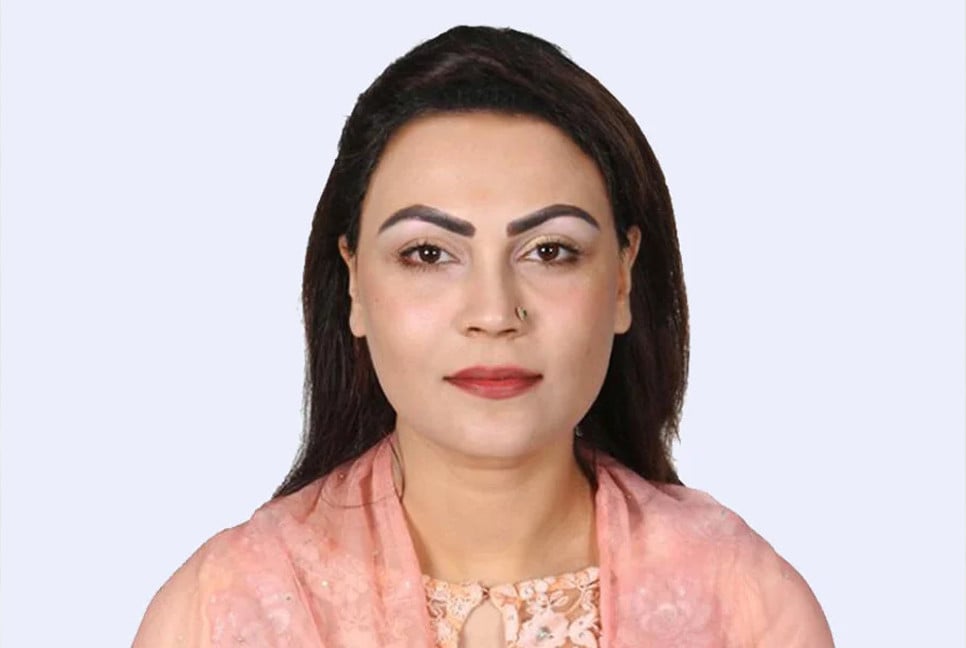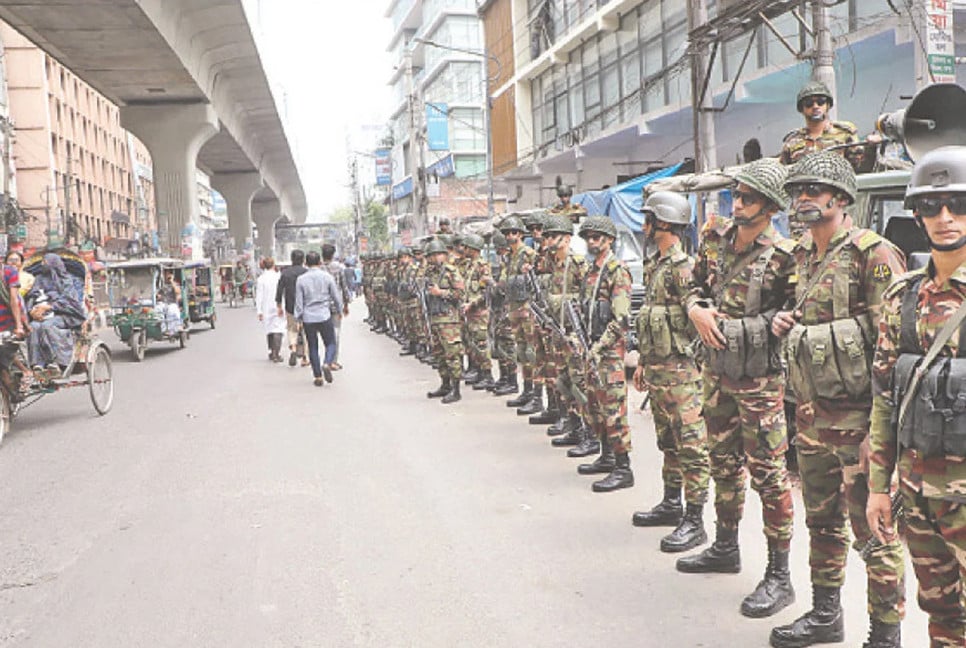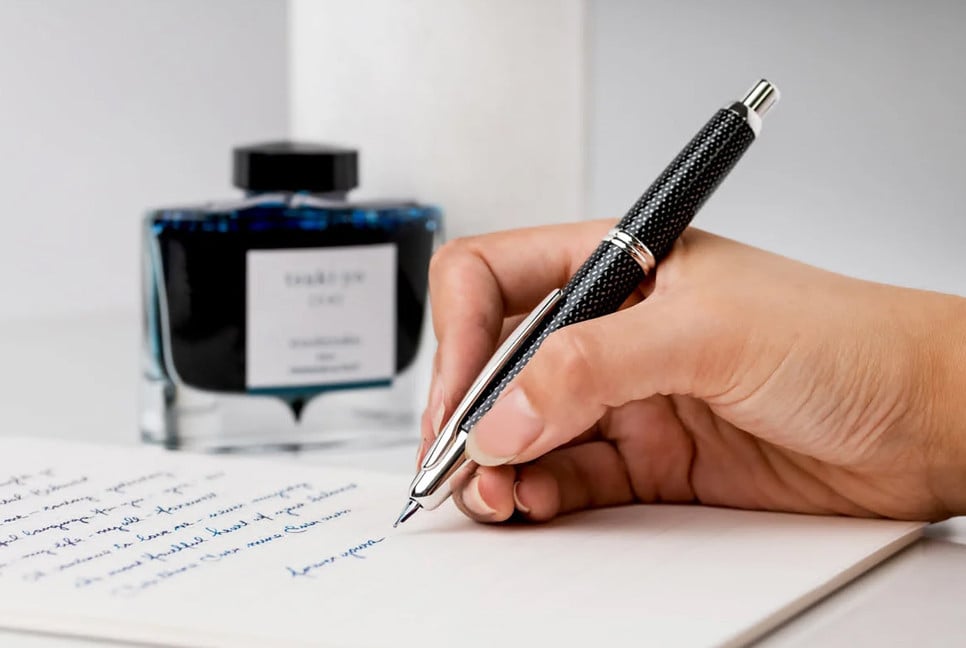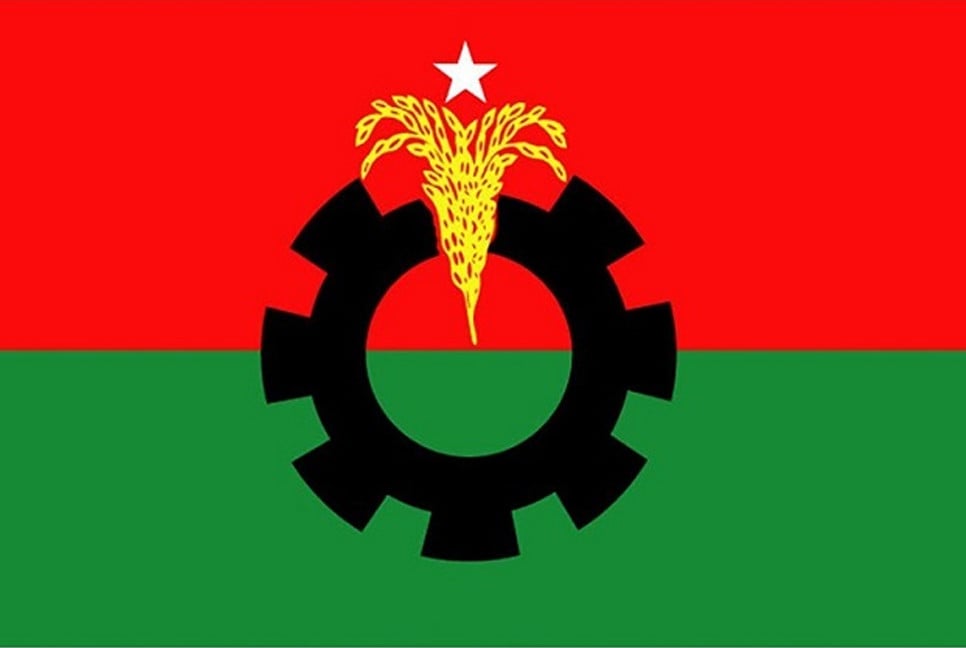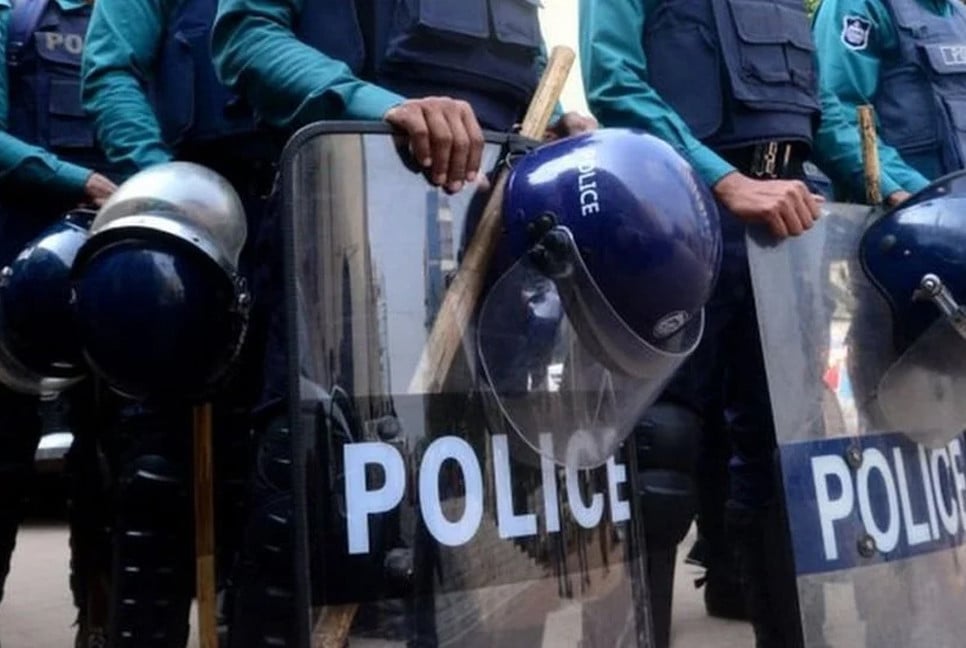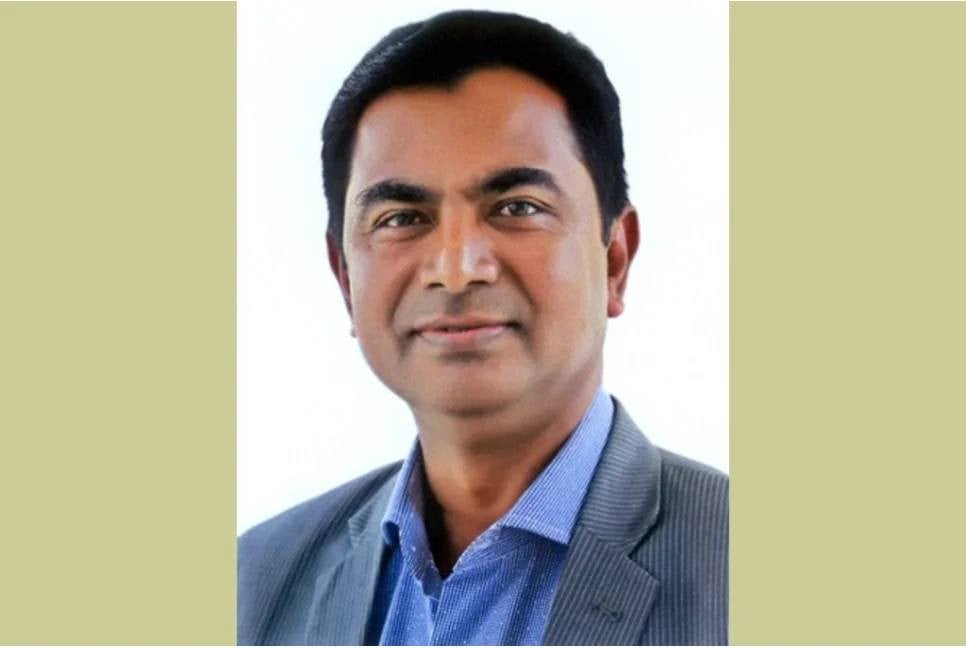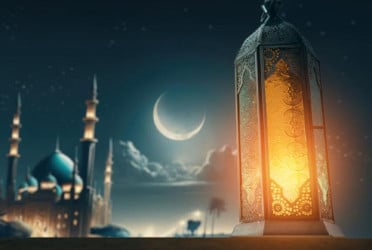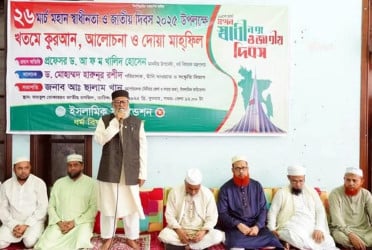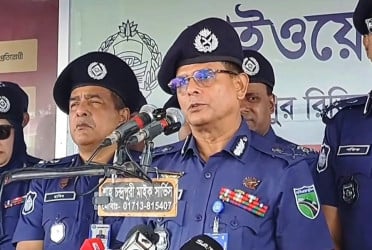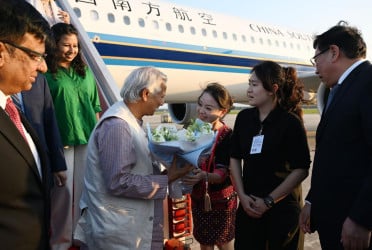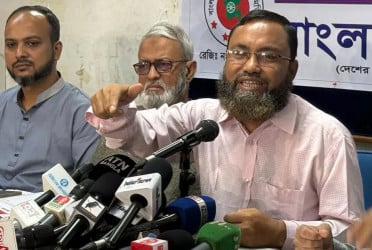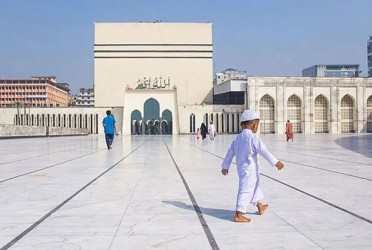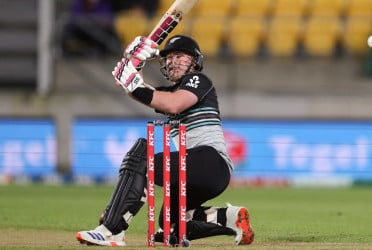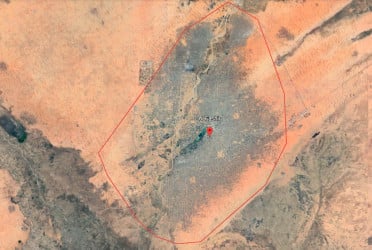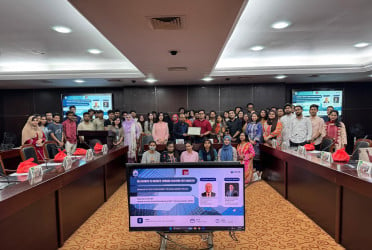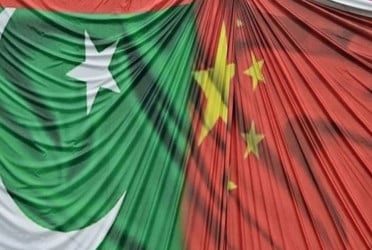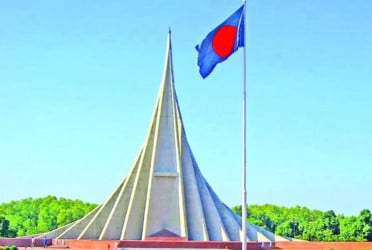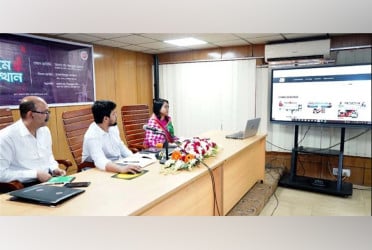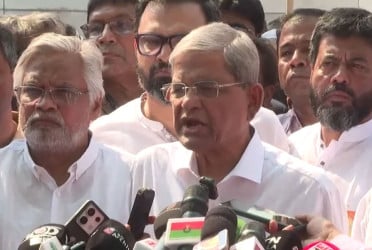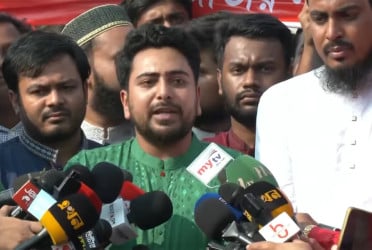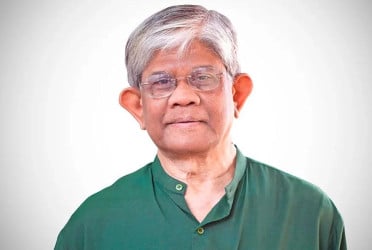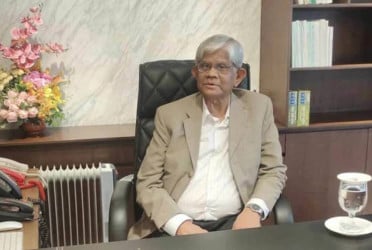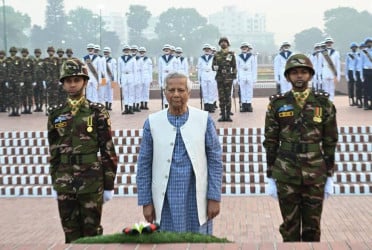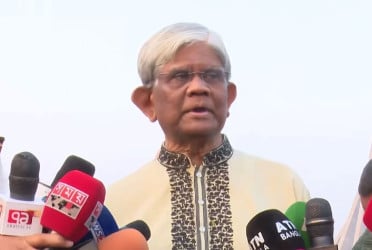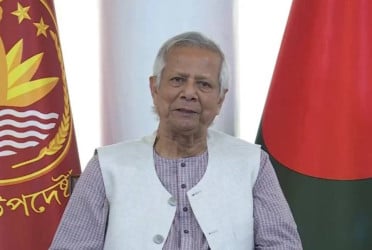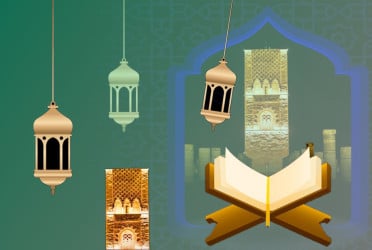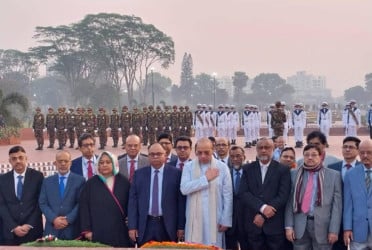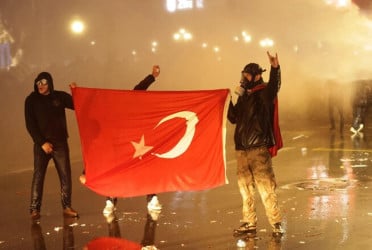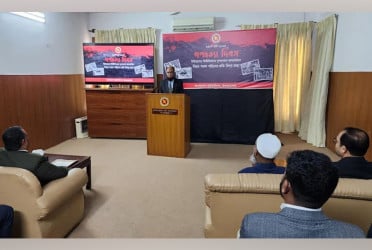Bangabandhu Sheikh Mujibur Rahman, the Father of the Nation, had spent one-fourth of his life in prison during his days of political movement and activism from British era to the achievement of freedom of Bangladesh. In his 54-years lifetime, Bangabandhu spent 4,682 days in prison, which was really one-fourth of his struggle-full life. However, he used to continue his spiritual life there by offering prayers and reciting from the Holy Quran.
Bangabandhu spent only seven days in jail during British period, while he spent the rest 4,675 days of prison life in Pakistani era. His eldest daughter, Prime Minister Sheikh Hasina said, “As he (Bangabandhu) used to spent long time in prison, her younger brothers and sister didn’t get much company of the father.”
Sheikh Hasina wrote about one incidence related to Sheikh Kamal, her younger brother, in her book ‘Sheikh Mujib, My Father’ published in 2015. In the book, she said, “Sheikh Kamal never saw our father and didn’t recognize him. One day, when I was going to father and calling him as ‘Abba’ (father), Kamal was very astonished. He said, “Can I call your Father ‘Abba,’ sister Hashu (Sheikh Hasina)?”
But, how was Bangabandhu’s prison life? Different perspectives were found regarding it in the pages of history. Bangabandhu said about his jail-life, “We used to offer our prayers (Namaz) with Mawlana Bhashani. He explained and presented the meaning of the verses of Quran after Maghrib (evening) prayer. There, it was our daily routine.” (Unfinished Memoirs by Bangabandhu, page 169)
Sheikh Mujibur Rahman was prisoned for the first time in 1938, when he was the student of Gopalganj Mission School. Then, he was sent to jail on a ‘murder case.’
Sher-e-Bangla AK Fazlul Haque and Labor Minister Hossain Shahid Sohrawardi were due to visit Gopalganj that time. Sheikh Mujibur Rahman was given the responsibilities of forming a team of volunteers. Including same aged Hindu, Muslim and all kinds of people, he formed a big team of volunteers. On the incident over letting the Hindu volunteers out of the team, two fraction of the team engaged in fighting. A Hindu man named Ramapada Dutt was stabbed in the incidence and murder case was filed against Sheikh Mujib and other Muslim students, who were arrested subsequently. However, Sheikh Mujib was free from the case afterwards (The story was described in the book ‘Unfinished Memoirs’ by Bangabandhu).
Recalling the memories of Faridpur District Prison, Bangabandhu said, “I had no way to meet the political prisoners. The jail was not so big; but, there was no way to meet them. Then, I used to say prayers and recite from the Holy Quran every day. I also had some copies of Bangla translation of the Quran. I also borrowed from Mr Shamsul Haque the Bangla Translation of Quran by Maulana Mohammad Ali and read it” (Unfinished Memoirs, page 180).
Bangabandhu’s huge trust on Allah was highlighted in one incidence of his prison-life stated in the book. He said, “Once when I was sitting alone with Renu, she said, ‘I have no problem, if you stay in the jail; however, just take care of the health. My heart is despondent when I saw you. You’ve to understand that I’ve no one else in this world except you. How could I live if something bad happen to you?” And then she began to cry. I tried to console her, but she burst out in tears. Seeing their mother crying, Hashu and Kamal came and tried to console her by hugging her. I said, ‘what Allah does is does for the best. So, what’s the need of overthinking?” (Unfinished Memoirs, page 191)
Thus, prison life of Bangabandhu was passed with the spiritual practice of saying prayers and reciting from the Holy Quran.
@The story was published in Bengali on print and online versions of The Kaler Kantho on December 16, 2022 and rewritten in English by Lutful Hoque




